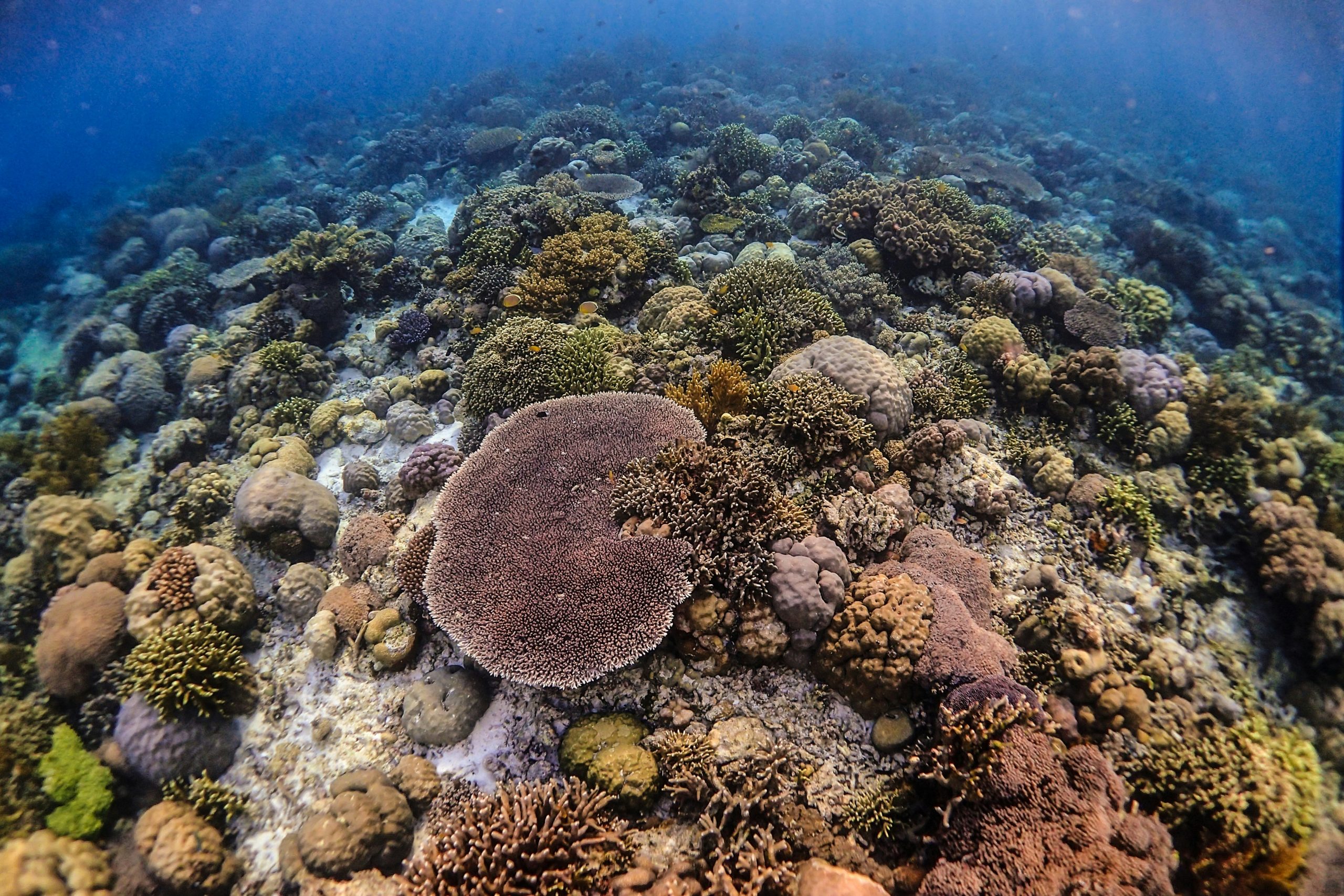Tourism as a Tool for Marine Conservation
Tourism is one of the sectors with the greatest opportunity for growth and expansion, but it is also vulnerable to various challenges, such as natural disasters and unforeseen events like the COVID-19 pandemic. However, today I want to highlight the relevance and popularity of sustainable tourism, especially its influence on marine conservation. Does Sustainable Tourism Exist? If you are a regular reader, you will know that we have often referred to contemporary society as environmentally conscious consumers. This is confirmed by a note published by the German online statistics portal Statista, citing that approx 44% of respondents consider environmental protection one of the most important issues for their country. According to 2022 estimates, the sustainable tourism market was projected to grow annually by 33.3%, suggesting that by 2024, the percentage much be higher. Sustainable tourism involves respectful tourism activities that generate minimal environmental impact. How Does Marine Conservation Contribute to Sustainable Tourism? The reality is that, according to the Ocean Panel, coastal and marine tourism represents at least 50% of global tourism. This is largely attributed to the quality of ecosystems, which are crucial for attracting visitors. This presents a significant opportunity for countries, especially in the Caribbean, where tourism demand is primarily focused
The keys to success in the tourism industry
The tourism and hospitality industry, with its unmistakable charm, is constantly in motion and evolution. In a world where mobility and curiosity are the norm, excelling in this competitive sector is an art that combines a passion for travel with the ability to offer exceptional experiences. In this article, we will delve into some of the essential keys to success in the tourism industry. Offering a unique and memorable travel experience: travelers seek more than just destinations; they crave experiences that differ from their everyday lives. Experiential tourism is a concrete example of this, as it is a growing trend where travelers increasingly seek authentic, memorable experiences that leave a positive impact on them. Adapting to market trends: the tourism sector is constantly evolving, so companies must stay up-to-date with the latest trends and adapt their products and services accordingly. For example, the increasing demand for sustainable travel has led many tourism businesses to offer environmentally friendly products and services. Continuous innovation: innovation is the backbone of success in any industry, and tourism companies must provide innovative products and services. As Zurab Pololikashvili, Secretary-General of the World Tourism Organization (UNWTO), pointed out, "tourism companies must leverage new technologies to offer more personalized and


